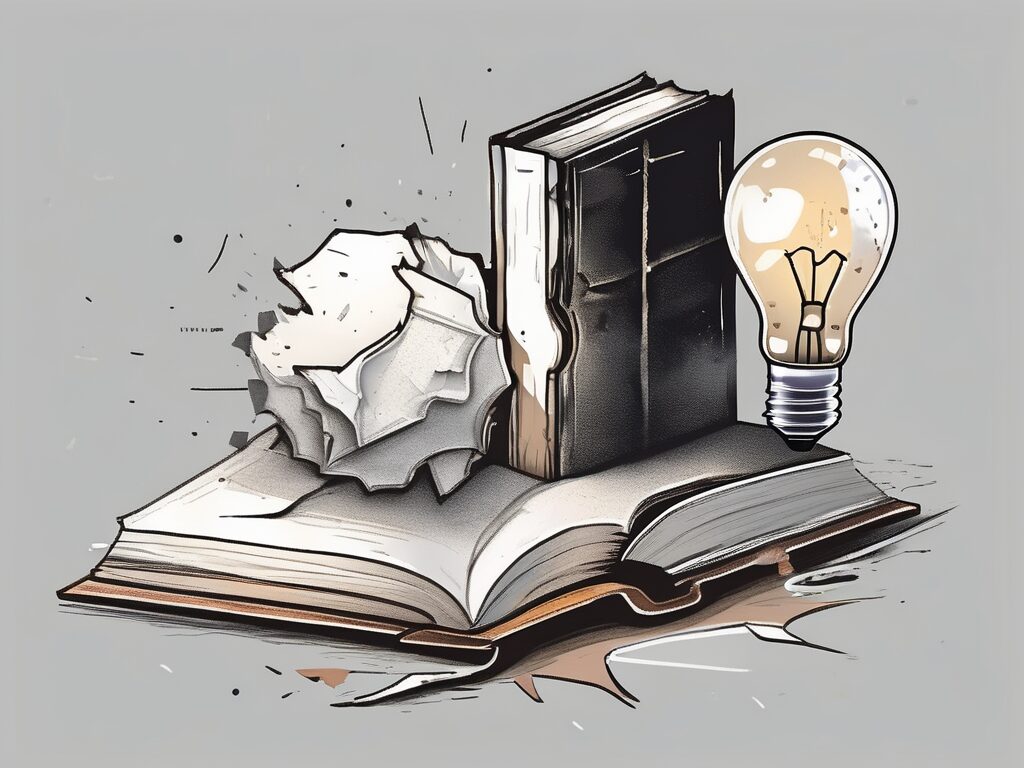Top Challenges Facing Thailand’s Education System in 2025
Thailand, a nation celebrated for its vibrant culture and stunning landscapes, is currently navigating a series of significant challenges within its education system. Despite ongoing governmental initiatives aimed at enhancing educational standards, various obstacles persist. This guide will examine these challenges, identify their underlying causes, and propose actionable solutions tailored for international educators and consultants.
Quality of Education
Standardized Testing
The reliance on standardized testing within the Thai education framework has raised concerns regarding its efficacy. While these assessments are intended to gauge students’ comprehension and knowledge, they frequently encourage rote memorization rather than fostering critical thinking and creativity. This phenomenon mirrors critiques of similar systems in other countries, where an excessive focus on examinations can hinder holistic educational development.
Furthermore, standardized tests may not accurately represent a student’s capabilities. For instance, a student proficient in practical applications may struggle with written assessments, potentially resulting in the oversight of gifted individuals. It is essential for educators to advocate for a more comprehensive evaluation system that recognizes diverse talents.
Curriculum Relevance
The existing curriculum in Thailand has been criticized for its lack of alignment with contemporary skills required in the 21st century. The emphasis remains predominantly on traditional subjects such as mathematics and science, while areas like technology and the arts receive insufficient attention. This stagnation is akin to educational systems in various developing nations, where curricula have failed to evolve in response to global advancements.
Moreover, the curriculum does not adequately address the diverse learning styles and interests of students. A standardized approach can be detrimental, as it does not cater to the unique needs of each learner. Education consultants should advocate for a curriculum that is adaptable and inclusive, promoting a more personalized learning experience.
Access to Education
Urban-Rural Disparities
A pronounced disparity exists in the quality of education between urban and rural regions in Thailand. Urban schools, particularly in metropolitan areas like Bangkok, typically benefit from superior facilities and more qualified educators. This situation is reminiscent of the rural-urban divide observed in various countries, where access to quality education remains a pressing issue in less developed areas.
Conversely, rural institutions often lack essential resources and infrastructure, placing students in these regions at a disadvantage and exacerbating the educational gap. Education consultants should prioritize strategies that aim to bridge this divide, ensuring equitable access to quality education for all students.
Socio-Economic Barriers
Socio-economic factors significantly influence access to education in Thailand. Children from economically disadvantaged backgrounds frequently face the necessity of leaving school to support their families, a challenge prevalent in many developing nations. This reality underscores the need for targeted interventions to support these students.
Additionally, children from ethnic minority or migrant families often encounter discrimination and language barriers, further complicating their educational journey. Addressing these challenges is crucial to fostering an inclusive educational environment that provides equal opportunities for all learners.
Teacher Quality and Professional Development
Teacher Training Programs
The quality of teaching in Thailand is hindered by inadequate training and professional development opportunities for educators, particularly in rural areas. This issue is not unique to Thailand; it is a common challenge faced by many countries striving to improve educational outcomes.
Moreover, the absence of ongoing professional development can result in teachers being ill-equipped to implement modern teaching methodologies and technologies. Education consultants should advocate for robust training programs that ensure educators remain current with best practices in pedagogy.
Retention of Educators
Teacher retention poses a significant challenge, especially in rural settings where low salaries and challenging working conditions contribute to high turnover rates. This trend is prevalent in numerous countries, where teaching is often undervalued as a profession.
High turnover disrupts the continuity of education and adversely affects student performance. Therefore, strategies aimed at improving teacher retention, such as competitive compensation and supportive work environments, are essential for enhancing the overall quality of education in Thailand.
Conclusion
The challenges confronting Thailand’s education system are intricate and multifaceted. However, with collaborative efforts from government entities, educational institutions, and the community, these obstacles can be surmounted. By prioritizing improvements in educational quality, ensuring equitable access, and enhancing teacher training and retention, Thailand can cultivate a robust and inclusive education system that meets the diverse needs of its student population.
As Thailand embarks on its journey toward educational reform, the commitment to implementing effective strategies will be pivotal in shaping a brighter future for the nation and its citizens.
Enhance Your Teaching Career with IPGCE
As Thailand endeavors to address the challenges within its education system, international educators have a unique opportunity to drive meaningful change. The IPGCE program recognizes the critical role that teachers play in shaping educational outcomes. By enrolling in the UK’s premier Teacher Training Course, educators can enhance their qualifications, connect with a global network of professionals, and gain insights into international curricula. Seize the opportunity to elevate your career, increase your earning potential, and contribute to educational reform. Do not allow inadequate credentials or isolation to hinder your professional journey. Join the IPGCE program today and become an integral part of the solution for a stronger, more inclusive education system in Thailand and beyond.

